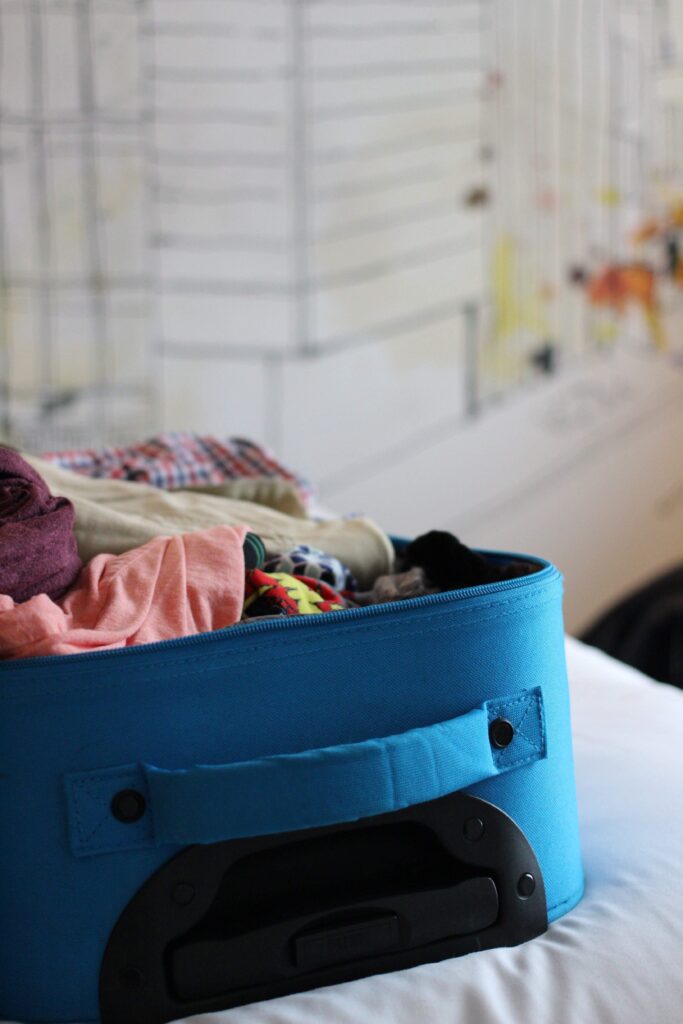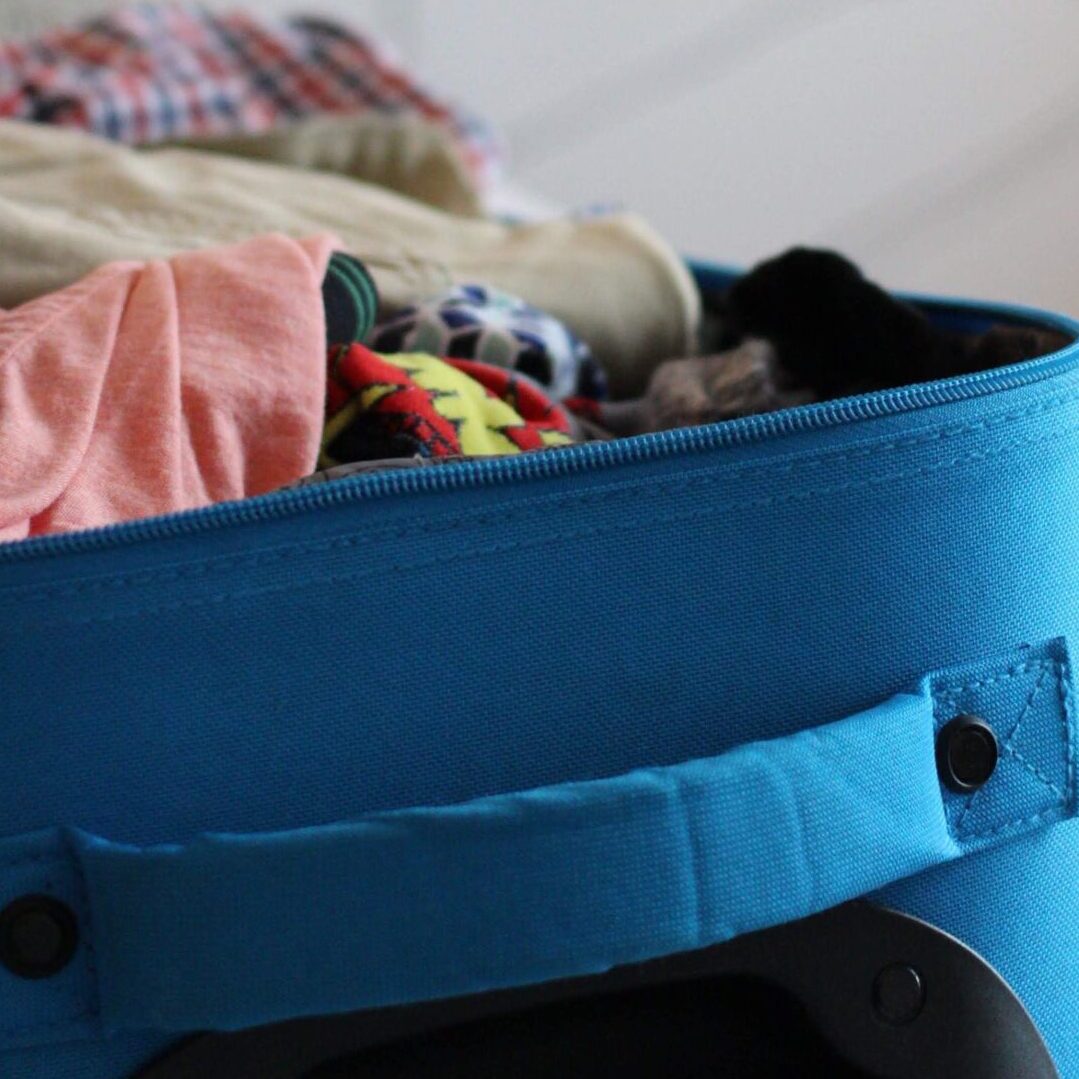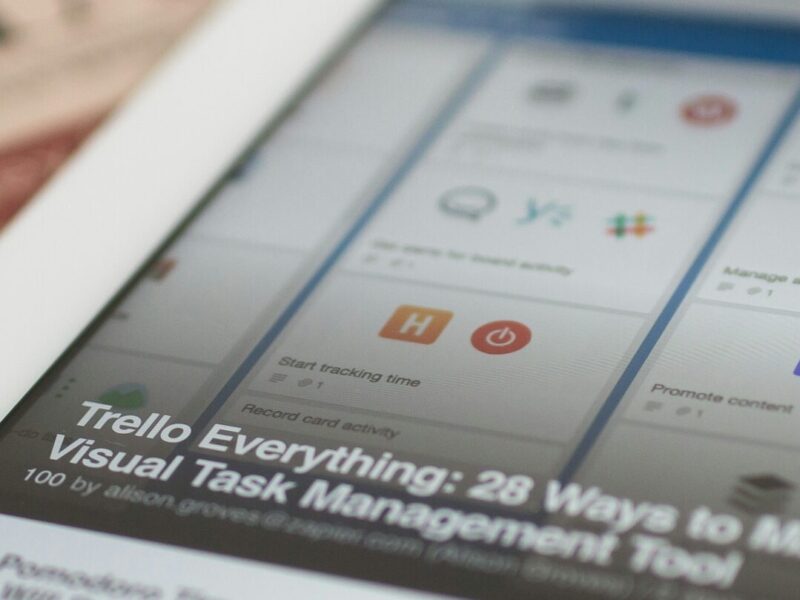
You’re counting down the days until you leave, and you’re finally ready to start packing. But what should you carry with you when you go overseas to study? This Study Abroad Packing List was created to contain everything you’ll need when studying abroad.
I’ve been in Canada for a while and I think I have a fair knowledge about the things which are expensive here and could be affordable in your home country.
I did a mistake when I came to Canada I didn’t know which must-have items are expensive and needs to be packed instead I ended up packing all other items which could be easily bought after coming to Canada. So here I’ve compiled a list of essential items that need to pack and what things you can be left out.
First of all, I do want to let you know that if you are traveling internationally, you will be allowed 23 kgs (50 pounds each) of two suitcases. I traveled with Etihad airlines and they allowed me three 23 kgs suitcase, one 7 kg hand luggage, and one 5 kg laptop bag. Few airlines allow students to carry 3 luggage bags. So, do check it with your airlines before you start shopping.
Documents:
I recommend getting a folder where you can have your all travel documents. A passport is very important so make sure you should keep it in your file along with all travel documents. This folder should always be in your hand luggage or your laptop bag because when you come to immigration and other transit processes you need these documents again and again. You can also bring other documents like IELTS results, and mark sheets. I did get all these documents but not required. They do not ask for these documents. Though if you want for the safer side, you can keep copies of these documents. And if you have your driving license then also bring it along with it because it becomes easy for you to get a G license in Canada later on.
- Original passport as well as an Original Visa Approval Letter/Correspondence Letter (Computer Generated Letter including UCI and Application Number), a Port of Entry Letter, and a Biometric Validation Letter (BVL).
- Biometric Letter.
- OFFER LETTER from the College/University with the DLI Number (DLI Number of the College/University will be mentioned on the Offer Letter).
- All original academic documents and IELTS scorecards.
- Receipt of tuition fees paid (through wire transfer from the bank) and fee confirmation receipt received from the college. Copy of the Visa Application forms filled at the time of application for a student visa for future purposes
- GIC Certificate & Customer Welcome Package which you will receive directly in your E-mail account (Need to sign GIC copy)
- Health & Travel Insurance is strongly recommended from the home country.
- Students need to take a study permit from the airport. In the case of a co-op program, students are also required to obtain a work permit from the airport along with a study permit.
- Forex card.
Now let’s jump into the clothes you should bring from your home country. Before I start I do want to clarify one thing in Canada not always winter there is summer too when the temperature goes between 25 to 30. So if you are planning to come in the fall or spring just bring one nice winter jacket with you. 2-3 hoodies. It would be better to buy from here. Please do not bring too many of them as clothing in Canada is pretty inexpensive. Like they are either on sale almost always or there are many thrift stores everywhere to get nice fancy clothes for very cheap rates. So do not over-pack with such dresses. Also, I would suggest do not bring snow shoes from your home country as it is not going to serve your purpose in Canada.
List of clothes:
- T-shirts (round neck) 3-6, T-shirts (collard): 3-4
- Undergarments: 15 pairs minimum (very important)
- Shorts/three-fourths: 1-3
- Sweater: 1-2 good warm ones
- Swimming trunks: 1
- Jeans (blue/black): 6-7
- Track pants: 2-3
- Formal shirts: 3
- Socks: 6-7 pairs
- Formal trousers: 2
- The belt for jeans: 1
- Formal suit: 1 complete set (blazer)
- Leather belts: 1-2
- Ties: 2-3
- Sports shoes: 1 pair
- Formal leather shoes: 1 pair
- Sneakers (optional): 1 pair
- One traditional dress for festivals
- Woodland all-weather shoes: 1 pair
- A light jacket – 1
- Flip-flops: 1 pair for summer and spring
Utensils:
These are the most important things you need to carry from home. If you have already decided on your roommate(s), you will benefit from sharing/dividing items equally. All vessels should be flat-bottomed since in Canada most apartments use electric stoves. These may be the utensils you will need to carry with you:
- plate: 1
- Serving spoons (of various sizes)
- 3-4 Knives
- 1 Vegetable chopping board
- 1 glass/tumbler
- 3 spoons
- 1-2 Butter knives
- 2 forks
- 2 Water bottles (preferably Tupperware)
Food items:
You can purchase dried and packed foods, but you must declare them to customs to avoid penalties. It’s against the law to bring fresh produce into Canada. You can conveniently transport all varieties of spices.
- Ready-to-eat paste: 5-6 bottles minimum
- Rice 3-4kg for initial use
- Maggi: 10-12 (minimum)
- Pickles: 3-4 bottles
- All dals that you use in cooking: 2 kg each
- Some snacks – how much ever you want, for the initial days
- All powders: chili, garam masala, rasam, sambar, asafetida, other powders you use – 0.5 to 1kg each 8. Some homemade sweets.
- Papads: 2-3 packs
- Tamarind – 1kg
- Ginger-garlic paste – 2 bottles
Stationery Items:
In Canada, I found stationery items quite expensive so bring them from your home country as much as you can.
- Pens: 1 pack
- Notebooks: 2-3
- Pencils: 1 box
- Erasers: 3-4
- Sharpeners: 3
- Key chains: 2
- Staple machine: 1
- Pin: 2 boxes
- Glue sticks: 2
- Markers: 2
- Highlighters: 2
- A4 sheets:
- 1 quire Small ruler
- Phone book: 1 (keep all your friends and relatives’ phone numbers written inside before you leave).
Personal Hygiene Products:
Most of the brands are available in Canada. However, you might need to bring the following items for your first few days of use.
- 1 Toothpaste
- 1 large tube of Toothbrushes
- 2-3 Soap
- 1-2 bars of Shampoo
- 1 bottle Shaving razor – a couple of disposable ones Shaving foam (don’t buy cream) –
- 1 Cold cream
- 1 bottle Vaseline
- 2-3 combs
- Soap cases: 1
- Hair oil: 1
- bottles Deodorant: 2
- Nail cutters: 1
- 2 Earbuds
- 1 small pack of Sunscreen
- Lip balm: 2 tubes
Medicine:
Don’t forget to bring enough prescription medication and first-aid supplies for the duration of your study abroad. It’s hard to predict if you become sick and it’s better to be safe than sorry! Going to a doctor abroad could be expensive, depending on the location and I don’t recommend taking over-the-counter medications you are not familiar with.
Pack pills for headaches, upset stomach (quite common if you are not used to the food), and other typical problems that may occur while traveling.
Electronics:
Since laptops are rather expensive in Canada, it is usually preferable to carry one with you if it is in good working order. You may easily have your laptop bag because it won’t be counted as luggage. However, if you want to get one for study purposes, purchase it from here rather than in your home country. There are many benefits to purchasing from Canada, such as warranties and free services. Laptop specifications and requirements will be listed on your university’s website.
Bring your chargers for your laptop, trimmer, and mobile devices. In Canada, they are very pricey. Bring two or three universal adapters.
Making a packing list for Canada is a daunting task. After all, you’re leaving your familiar surroundings to visit a new location. Thus, it makes sense.
All you have to do is make a detailed list and make sure that all the important things are taken care of.


